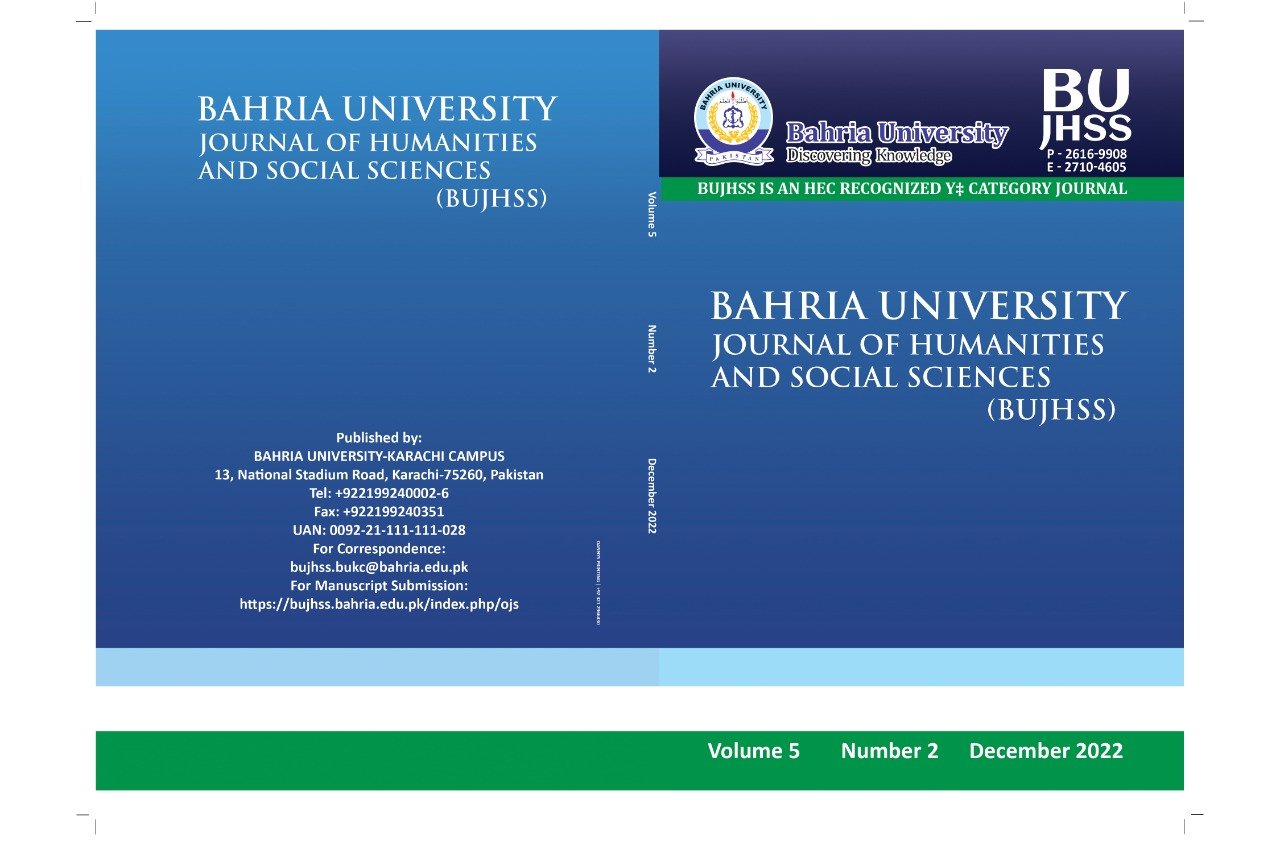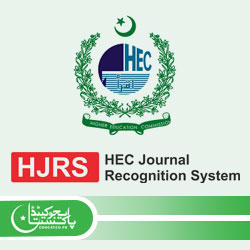IMPLICIT BELIEFS OF INTELLIGENCE, ACHIEVEMENT EMOTIONS AND ACADEMIC SELF-EFFICACY AMONG UNIVERSITY STUDENTS
DOI:
https://doi.org/10.58800/bujhss.v5i2.103Keywords:
Implicit Beliefs, Entity Beliefs, Incremental Beliefs, Academic Self-Efficacy, Achievement EmotionsAbstract
Present research was designed to study the association between implicit
beliefs of intelligence, achievement emotions, and academic self-efficacy among
university students. Studying the moderating role of achievement emotions in
relationship between implicit beliefs of intelligence and academic self-efficacy
was another objective of the study. The sample of study comprised of 400
students from Quaid-i-Azam University, Islamabad including both male (n =
213) and female (n = 187). Participants ages range from 17-34 years (M = 21.58;
SD =2.64). For data collection, Implicit Self- theory Scale (Dweck, 2000),
Achievement Emotions Questionnaire (Pekrun, Goetz & Perry, 2005) and
academic Self-efficacy Scale (Zajacova, 2005) were used in current study. Result
revealed a positive correlation between incremental beliefs, positive emotions
(enjoyment and hope) and academic self-efficacy and negative correlation
between entity beliefs and negative emotions (anxiety and boredom) and
positive correlation between entity beliefs and academic self-efficacy. Academic
self-efficacy positively related with positive emotions and negatively related with
negative emotions. Results of moderation analysis revealed anxiety and
boredom as significant moderators on relationship between implicit beliefs and
academic-self-efficacy. This study will help teachers and education institutions
in improving students’ implicit beliefs through effective teaching and instruction.







